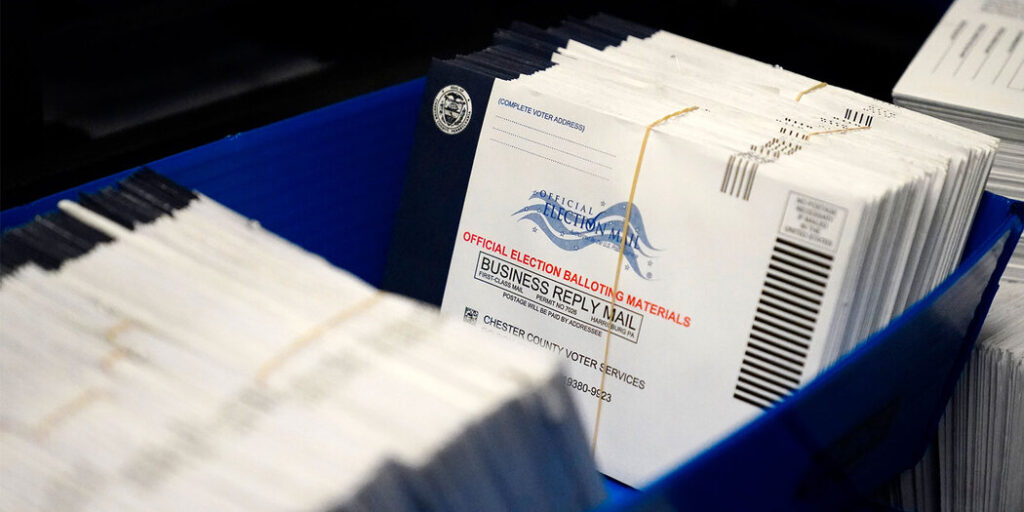Overseas Voting: Ensuring Americans Abroad Can Exercise Their Rights
Millions of Americans living outside the United States, including military personnel, their families, and other citizens, retain the right to participate in elections. This group, numbering nearly 3 million, meets similar eligibility criteria as those residing in the U.S., with state-level checks ensuring only qualified voters can cast ballots from overseas.
The Role of UOCAVA in Overseas Voting
Implemented during the Reagan era, the Uniformed and Overseas Citizens Absentee Voting Act (UOCAVA) facilitates absentee voting for Americans overseas, including military members. This law mandates states to permit absentee voting in federal elections from their last U.S. residence, continuing a tradition dating back to the Civil War. Each state adapts UOCAVA according to its own election procedures while ensuring eligibility verification for overseas voters.
Federal regulations require that ballots be distributed to eligible voters 45 days before an election, which for the 2024 election meant mailing ballots in September. Despite these processes, overseas voting has recently been a focus of unfounded voter fraud allegations.
Overseas Voting Integrity Upheld
Assertions about overseas voting fraud are groundless. As with other debunked election conspiracy theories, such as those involving drop boxes and voting machines, there is no evidence substantiating claims of improprieties in overseas voting.
Recent lawsuits in states like Michigan, North Carolina, and Pennsylvania could potentially disenfranchise voters by questioning the legitimacy of current voting laws without presenting concrete evidence of any fraud or specific misconduct.
Understanding the Timing of These Claims
Currently, there is no known incident that instigated the current scrutiny of overseas voting laws, which have been in effect for decades. The concerns appear to align with broader efforts to cast doubt on election legitimacy, often propagated by election denial groups. This narrative falsely suggests that noncitizens are voting in significant numbers—a claim that has been repeatedly disproven.
Ensuring Eligibility and Fairness
Contrary to former President Trump’s false claims that ballots are sent overseas without citizenship verification, all states implement measures to ensure that overseas voters are legitimate U.S. citizens. Most overseas voters must submit a Federal Post Card Application, providing personal identification information and affirming their eligibility under penalty of perjury.
Voting Jurisdictions for Americans Abroad
It is falsely alleged that U.S. citizens living abroad can choose any state from which to request a ballot. In reality, they vote in the last state where they resided or, for those born abroad, based on their parents’ last state of residence.
The process for voting from abroad presents unique challenges, such as extended ballot transit times, requiring a concerted effort to ensure that these Americans can effectively cast their votes.





